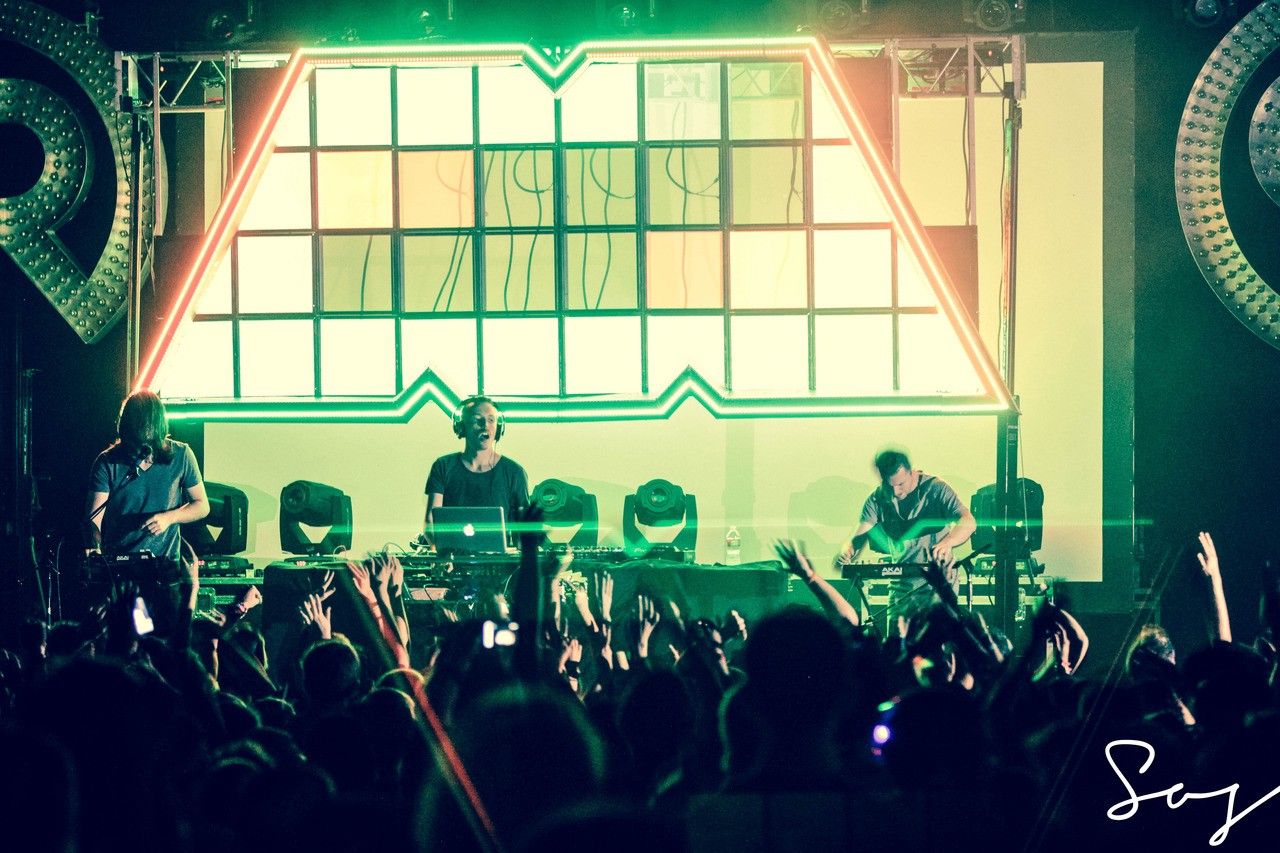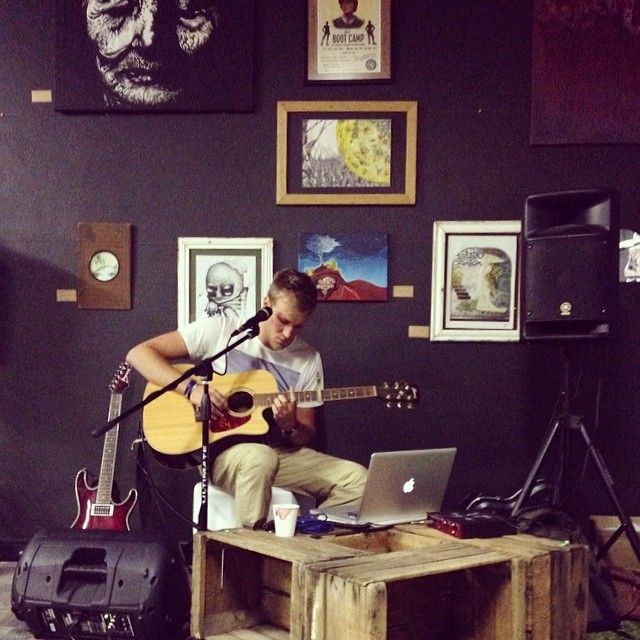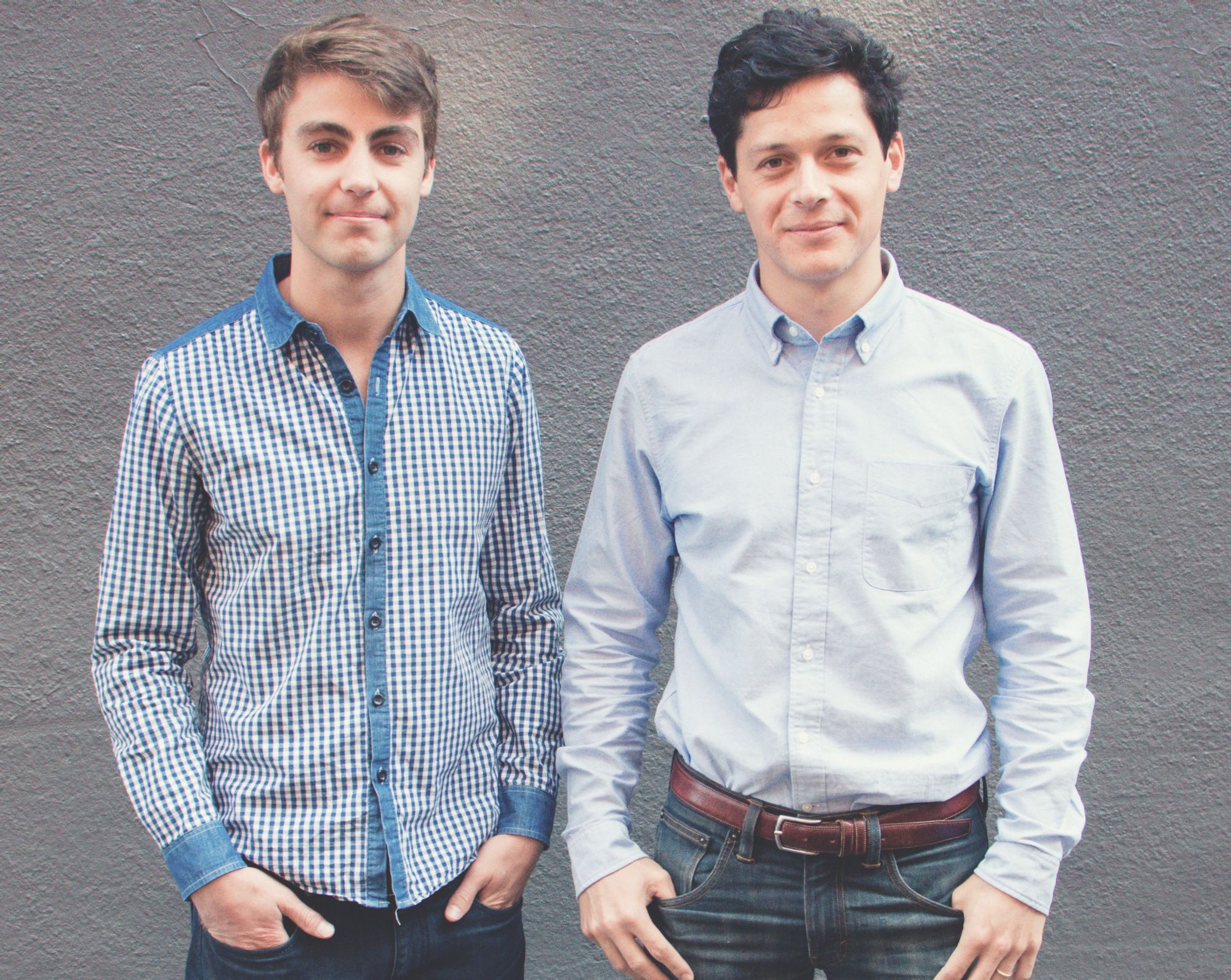Thank You For the Music

Our fight to help the independent musician make money from their music.
It all started with a simple idea: “What if I could send money directly to any musician in the world with the tap of a button?”
I was listening to an incredible Tiny Anthem track by The M Machine on SoundCloud, getting goosebumps from the breathtaking progression. The more I thought about it, the more it seemed insane that these artists, who had created this song that made my whole soul resonate, were getting nothing for their music. Even worse, there was nothing I could do about it. It was absurd that I can buy coffee or short the NASDAQ from my iPhone, but can’t support the people who created something that truly moved me. This planted the seed for what would become Huzza, our startup empowering musicians to make a living from their music.
For a modern musician, a day they’re not touring is a day they’re not making money
My frustrations with the situation were bad, but they’re a lot worse for the modern day musician. Even if your music is loved by thousands or even millions of people across the world, it’s nearly impossible to make ends meet as a musician. I spoke to a band in Berkeley with over 200,000 fans across Twitter and SoundCloud who still struggles to get by. They make very little from online sales and even less from streaming. They consistently sell out live gigs, but it’s not enough: a day they’re not touring is a day they don’t make money. Performing live is difficult, expensive and increasingly hard to do when fans are spread across the world. Also, they’re people too with families and other lives and touring 24/7 just isn’t feasible. Like everyone else, to compete and grow their brand, they release their music for free on platforms like YouTube and SoundCloud.
Two weeks after I spoke to them, they had to move out of their apartment in Berkeley because they couldn’t pay the rent.

I grew up in South Africa, on a continent where antiquated banking technology meant less than 20% of the population had access to banking services. Then, in a few short years the introduction of mobile payments systems like M-Pesa in Kenya enabled millions of people to access services like safe and cheap money transfers. Instead of slowly improving banking, M-Pesa used mobile phone airtime as money — something that is easily and cheaply bought, stored and transferred. This simple technology transformed money for millions of people, leapfrogging traditional banking completely. It was a staggering transformation powered by technology.
After you buy a song a musician might see 10–30% of that payment up to 12 months later
The music industry today is where banking in Africa was — dominated by complex and antiquated systems that are slow, hard to deal with and exclude a huge proportion of smaller and emerging artists. Rights management and payments to musicians are controlled by overly-powerful labels who use obfuscated and complex ways to keep artists in the dark. After you buy a song for a $1 the musician might see only 10 to 30 cents up to 12 months later. The streaming models use outdated radio-era technology for rights management and payouts in ways even experts have a hard time keeping track of. It’s completely crazy and needs to change — just listen to the New York Times, Forbes, Wired, and David Byrne.
Music has become free and it will remain free
I’m all for more transparent and fair rights management and label agreements. But it won’t be enough. It’s a huge issue, but the biggest issue facing modern musicians is that music has become, and I believe will remain, free. Having reformed and transparent payouts is a very necessary improvement but doesn’t make a difference if nobody’s paying for music anyway.
After dwelling on my frustrations and these issues, I started thinking back to what happened to the banks in East Africa, how they completely leapfrogged the banking system instead of slowly transforming them, and I had an “aha” moment.
The music industry needs its M-Pesa moment — a simplifying shift that cuts out the complexity
I believe the music industry, just like banking in East Africa, needs its M-Pesa moment. Instead of trying to slowly improve the system and take on the heavy-weight labels, rights management and more, rather leapfrog it all and create a layer above the music — a new business model that allows everyone to reward the artists more directly. We have the technology to allow artists to make a living by connecting them directly with their biggest fans.
Music has become free and will remain free (or almost free). We can’t undo the power the internet has to share content. But we can harness that power for good by building a layer of experiences on top of existing music services that enables a direct connection between artists and their biggest fans. Music sales are dying, but a whole new culture of supporting the people who make what you love is emerging instead. A layer of support, payments and unique content.
Performing through Huzza, Matt Abbo made more money from his music in 45 minutes than he’d made in over a year from digital downloads and streaming
And this is what we’re building right now at Huzza — a completely new system, a new layer, above the current music as it stands today — a platform for independent musicians to engage directly with their fans and make money in a simpler more direct way.
For example, Matt Abbo, a friend and emerging artist in South Africa, recently performed through Huzza and made $120 from 30 fans in 45 minutes — more money than he’s made in over a year from digital downloads and streaming. Suddenly, our band in Berkeley doesn’t need support from all 200,000 of their fans — just 2,000 each paying $3 would probably do.

Our mission is to empower the new generation of independent musicians who are making world class music from their bedrooms.
There’s complexity in the music industry, and always will be, but we’re building a new business model from the ground up that uses technology to better handle that complexity. Our mission at Huzza is to empower the new generation of independent musicians who are making world class music from their bedrooms.

If you’ve ever felt frustration that One Direction gets paid for every indie song you stream, if you’ve ever paid what you want for a free Radiohead album, if you’ve ever hoped that making music could be a viable living for the artists you love, or if you’ve ever thought that artists just get a bit of a raw deal, then you’re one of us.
If you believe in our vision, we’d love to travel this road with you.
Sign up here to get notified about our first release — a dead simple way to support any musician in the world with — you guessed it — the tap of a button.

